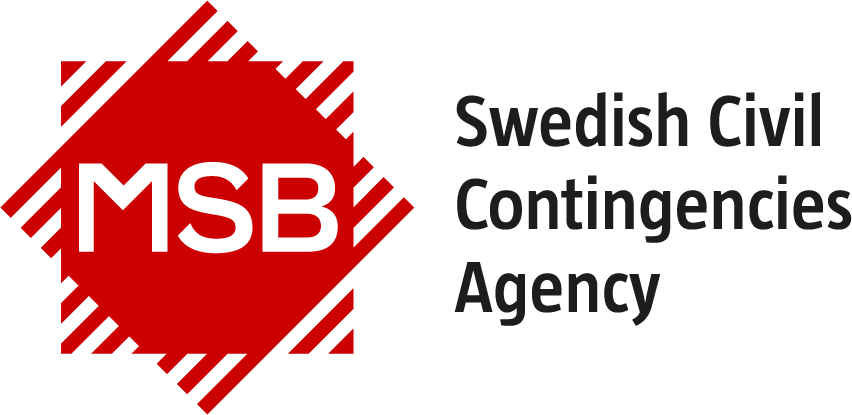Digital security
Digitalisation provides us with fun, useful and necessary services for our everyday lives. However, it can also make us vulnerable to, for example, cyberattacks that disable important IT systems or to fraudsters who want to access your information. You are helping to strengthen Sweden’s resilience by managing information in a secure manner, both at home and at work.
Some tips:
- Create long passwords using combinations of letters, numbers and symbols.
- Do not click on links in emails or text messages, and do not open attachments from unknown senders.
- Install security updates immediately.
- Back up your most important information, for example on an external hard drive, a USB memory stick or in a cloud service.
Online scams
Fraudsters are usually looking for information that they can then use to get into your computer, steal money from your account or trick others by pretending to be you. They often try to rush you, to get you to act in a way you would not normally have done if you had been given time to think about it. Below are some simple and effective tips you can use to stay safer online:
- Think – Consider whether the call or message was expected, whether you have ordered a package or given your contact details to this person or organisation before. If the answer is no, or you are unsure, be extra suspicious.
- Do not log in – Never log in when asked to do so by someone contacting you, and never let anyone control your computer remotely. Banks, government agencies and reputable companies will never contact you to ask you to log in with your e-ID or to ask you for passwords or codes.
- Hang up – If you are contacted by someone asking you for something and it is urgent, hang up.
- Do not disclose – Card details, personal data, passwords and codes are among your most important information, so never disclose them to anyone who contacts you.
- Do not click – Be suspicious if you receive an email or text message asking you to click on a link and provide information such as codes, passwords or personal data. No banks, government agencies or reputable companies would ever send such messages. If you receive an attachment in a message that you are not expecting, do not open it.
